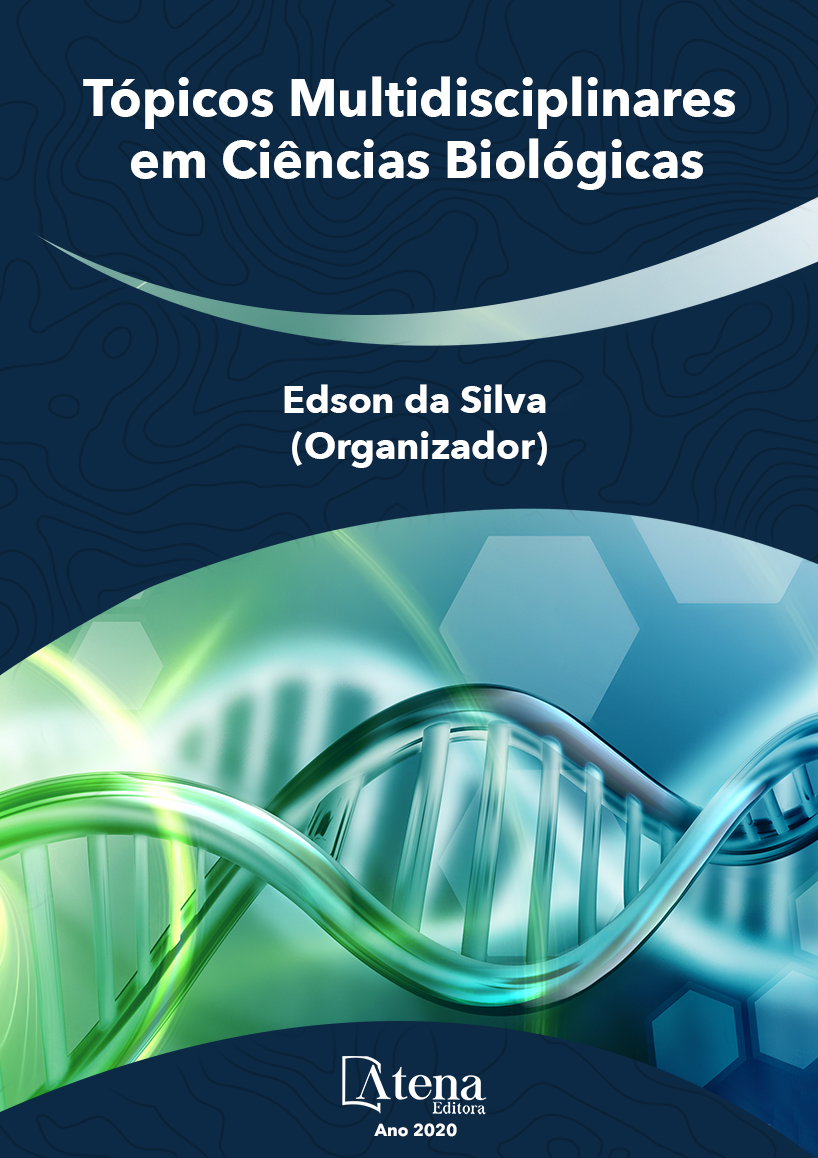
TERAPIA DE REPOSIÇÃO DE TESTOSTERONA: ESTRESSE OXIDATIVO E RISCO PARA DOENÇAS CARDIOVASCULARES.
As doenças cardiovasculares são
um grupo de condições que afetam o coração
e os vasos sanguíneos. A DCV é uma carga
global e varia entre as regiões, e essa variação
tem sido associada a fatores dietéticos. Existem
correlações em que o estresse oxidativo afeta a
concentração de lipídeos e outros minerais que
provocam alterações hormonais e bioquímicas,
prejudicando o sistema cardiovascular. Segundo
a Organização Mundial de Saúde (OMS), as
doenças cardiovasculares foram a primeira
causa de mortalidade a nível global, em 2017. O
estresse oxidativo desencadeado pela ação de
radicais livres gera lesões no organismo humano,
e está diretamente envolvido na patogênese da
DCV. Considerando estes aspectos, o presente
estudo tem como objetivo, demonstrar os
efeitos do estresse oxidativo utilizando modelos
experimentais que apresentam fatores de risco
para o aumento da oxidação celular como a
idade e consequentemente maior risco para
desenvolvimento de DCV, além de submetê-los
à Terapia de Reposição de Testosterona (TRT)
e através de marcadores bioquímicos verificar
possível oxidação celular. Foram utilizados 12
camundongos, com idade aproximada ao final
da vida reprodutiva. Divididos em 2 grupos, a
saber, grupo controle onde foi administrado
apenas ração e água ad libitum e grupo que
foi administrado cipionato de testosterona
Deposteron® em via intra muscular (dose 5mg/kg), 1 vez a cada 7 dias por um período de 6 semanas. O grupo controle perdeu em
média 1,51g (-2,85%) e o grupo hormônio aumentou seu peso 2g em média (+4,56%).
Triglicerídeos diminuídos no grupo controle (-27,17mg/dL), enquanto o grupo hormônio
(-36,39mg/dL). Colesterol elevado em ambos grupos - controle (+1,58mg/dL) e
hormônio (+6,20mg/dL). Glicemia teve queda em ambos grupos: Controle (-21,84mg/
dL), Hormônio (-14,16). Fica claro que o aumento de peso e dos níveis de colesterol
através da TRT somados ao fator idade podem ser preditivos do estresse oxidativo
sofrido, podendo causar DCV. Diante dos resultados, consideramos que as alterações
na bioquímica sanguínea juntamente com o fator idade podem haver gerado um estado
de estresse oxidativo, portanto, aumentando o risco de desenvolvimento de DCV
TERAPIA DE REPOSIÇÃO DE TESTOSTERONA: ESTRESSE OXIDATIVO E RISCO PARA DOENÇAS CARDIOVASCULARES.
-
DOI: 10.22533/at.ed.7142030017
-
Palavras-chave: Doenças Cardiovasculares. Estresse Oxidativo. Terapia de Reposição de Testosterona.
-
Keywords: Cardiovascular Diseases. Oxidative stress. Testosterone Replacement Therapy.
-
Abstract:
Cardiovascular diseases are a group of conditions that affect the heart and
blood vessels. CVD is a global burden and varies between regions, and this variation
has been associated with dietary factors. There are correlations in which oxidative
stress affects the concentration of lipids and other minerals that cause hormonal and
biochemical changes, damaging the cardiovascular system. According to the World
Health Organization (WHO), cardiovascular diseases were the leading cause of global
mortality in 2017. Oxidative stress triggered by free radicals causes injury to the
human body and is directly involved in the pathogenesis of CVD. Considering these
aspects, the present study aims to demonstrate the effects of oxidative stress using
experimental models that present risk factors for the increase of cellular oxidation, such
as age and consequently a higher risk for developing CVD, besides subjecting them
to Therapy of Testosterone Replacement (TRT) and through biochemical markers to
verify possible cellular oxidation. Twelve mice were used, with approximate age at the
end of reproductive life. Divided into 2 groups, namely the control group where only
ration and water ad libitum were administered and the group that received Deposteron®
testosterone cypionate intramuscularly (dose 5mg / kg), once every 7 days for a period
of 6 weeks. The control group lost an average of 1.51g (-2.85%) and the hormone group
increased its weight by 2g on average (+ 4.56%). Triglycerides decreased in the control
group (-27.17mg / dL), while the hormone group (-36.39mg / dL). High cholesterol in
both control groups (+ 1.58mg / dL) and hormone (+ 6.20mg / dL). Glycemia had a fall
in both groups: Control (-21.84mg / dL), Hormone (-14,16). It is clear that the increase
in weight and cholesterol levels through TRT added to the age factor can be predictive
of the oxidative stress suffered and may cause CVD. Given the results, we consider
that changes in blood biochemistry along with the age factor may have generated a
state of oxidative stress, thus increasing the risk of developing CVD.
-
Número de páginas: 15
- Diego Gonçalves de Lima
- Romeu Paulo Martins Silva
- Miguel Junior Sordi Bortolini
- Dionatas Ulises de Oliveira Meneguetti
- Anderson Gonçalves Freitas
- André Luiz Cavalcante Fontenele


